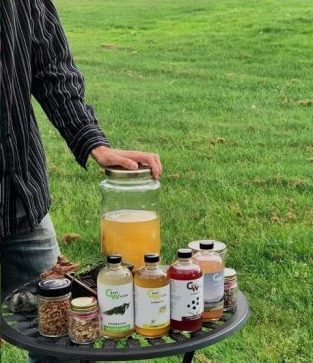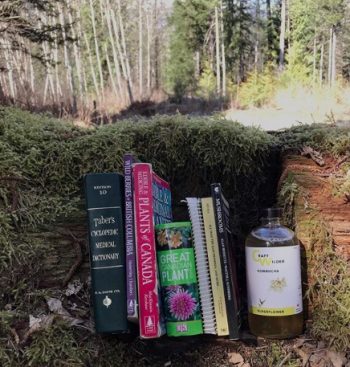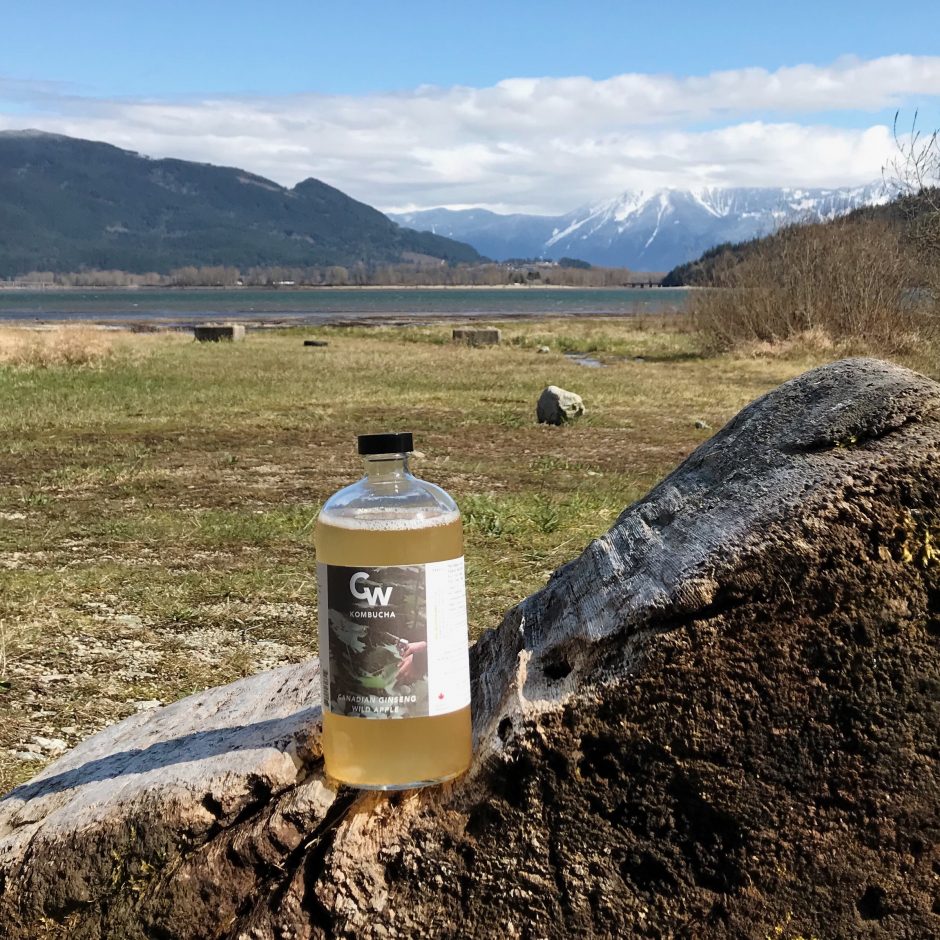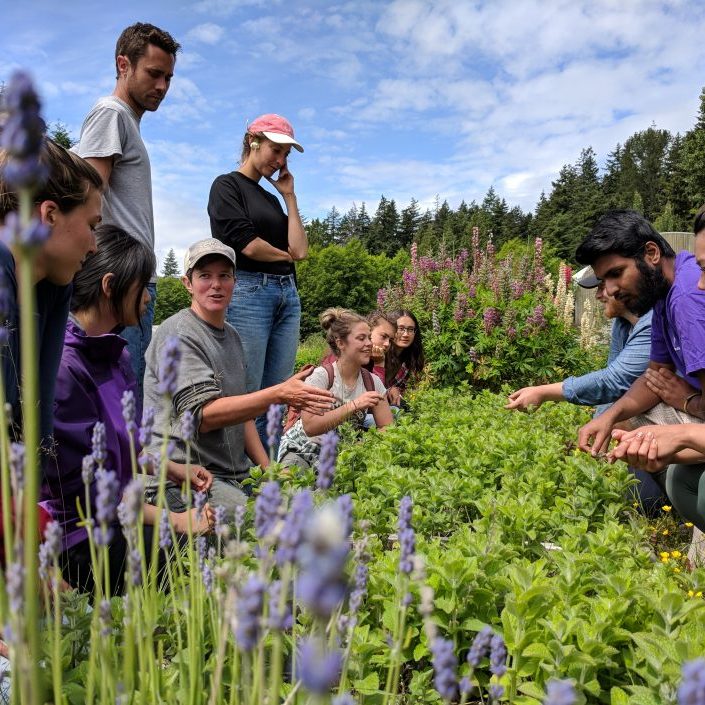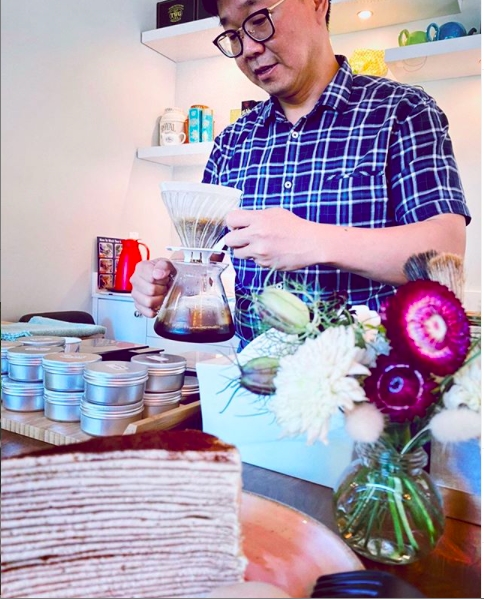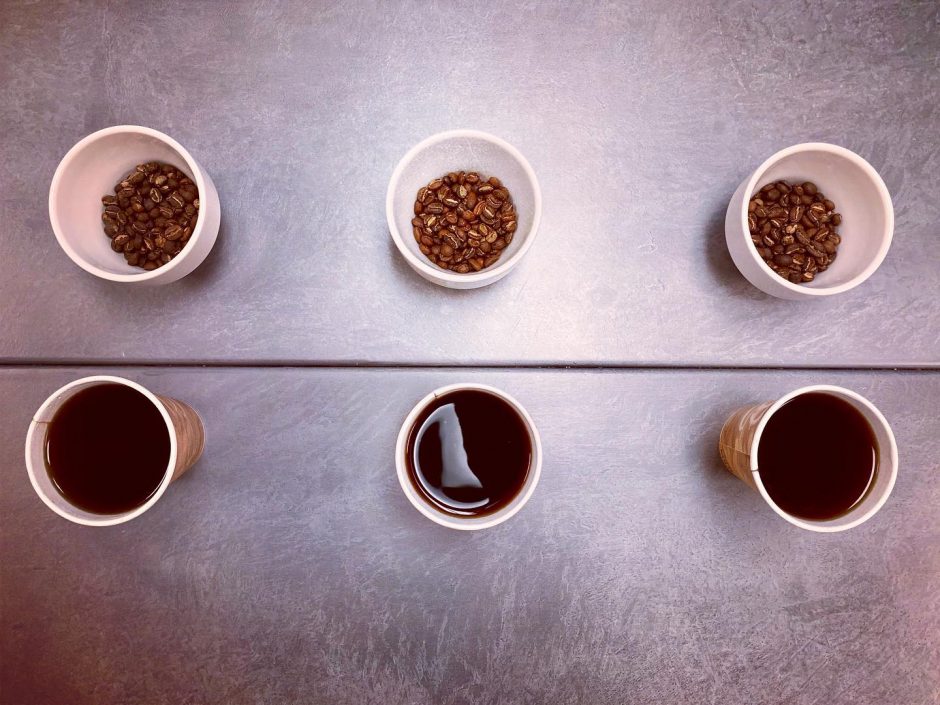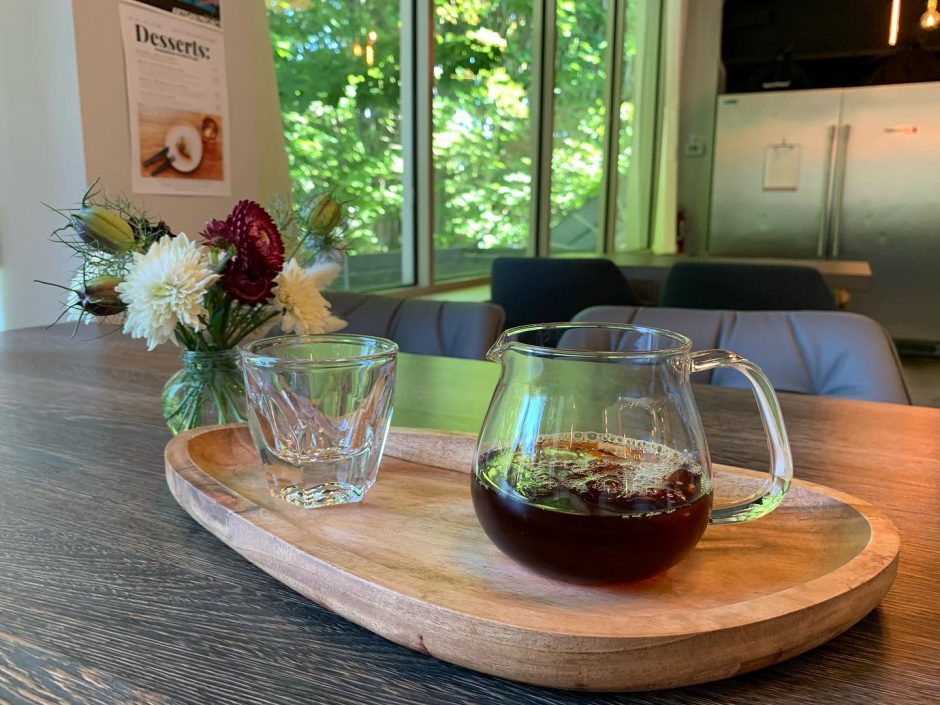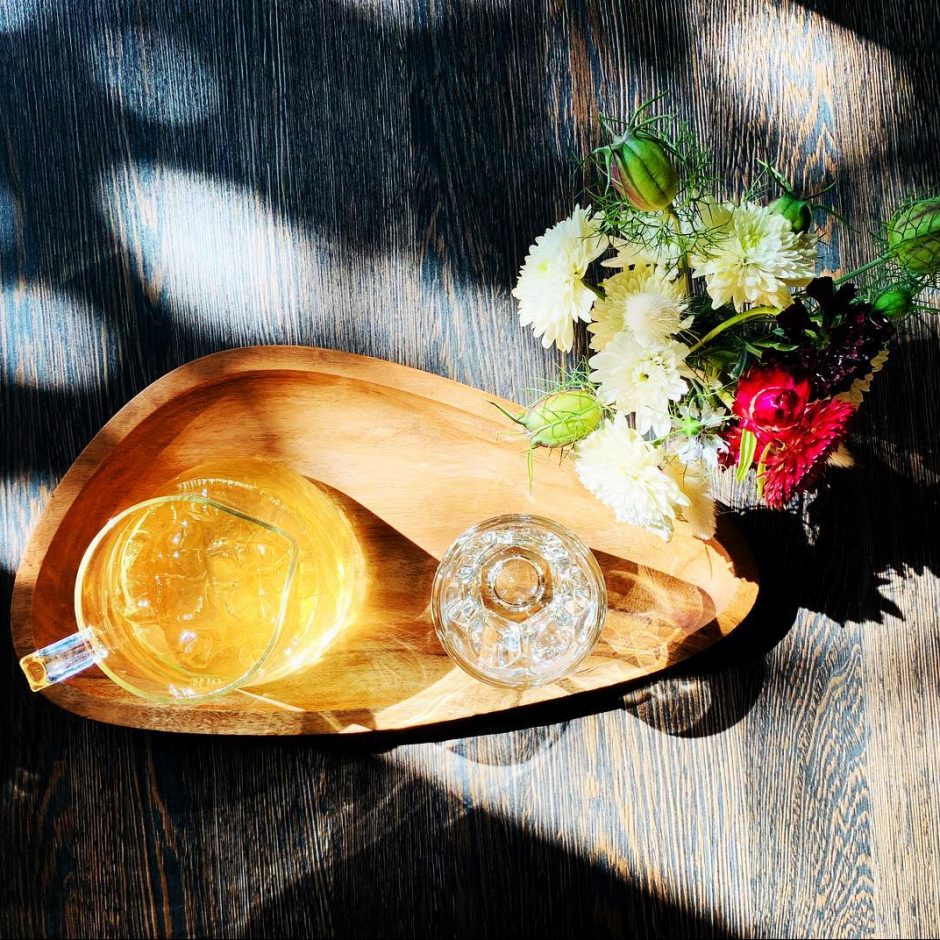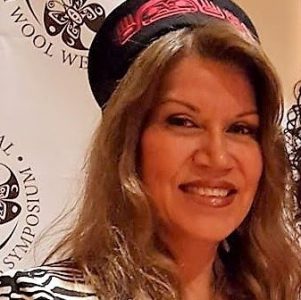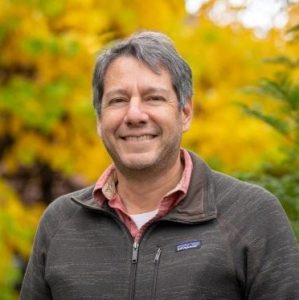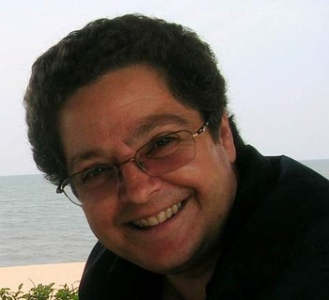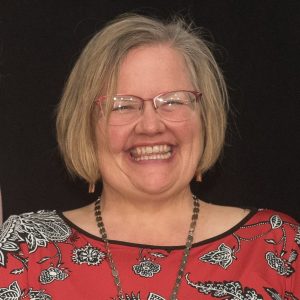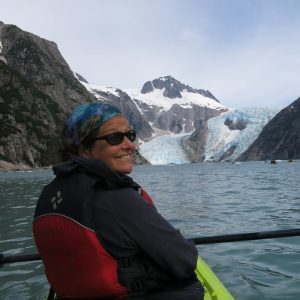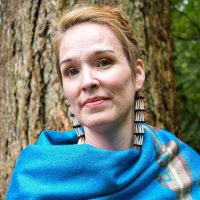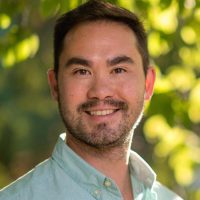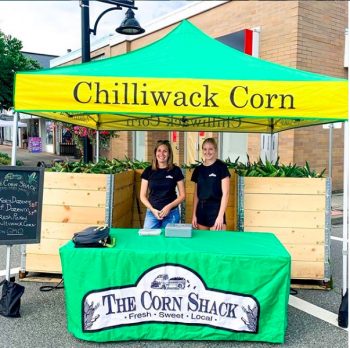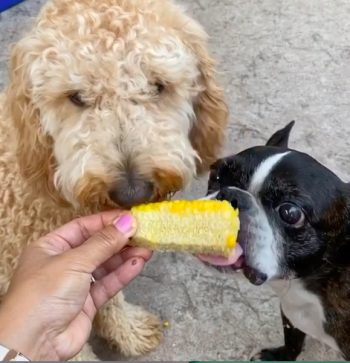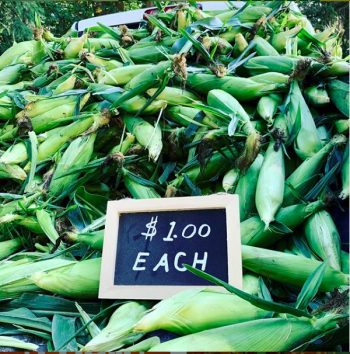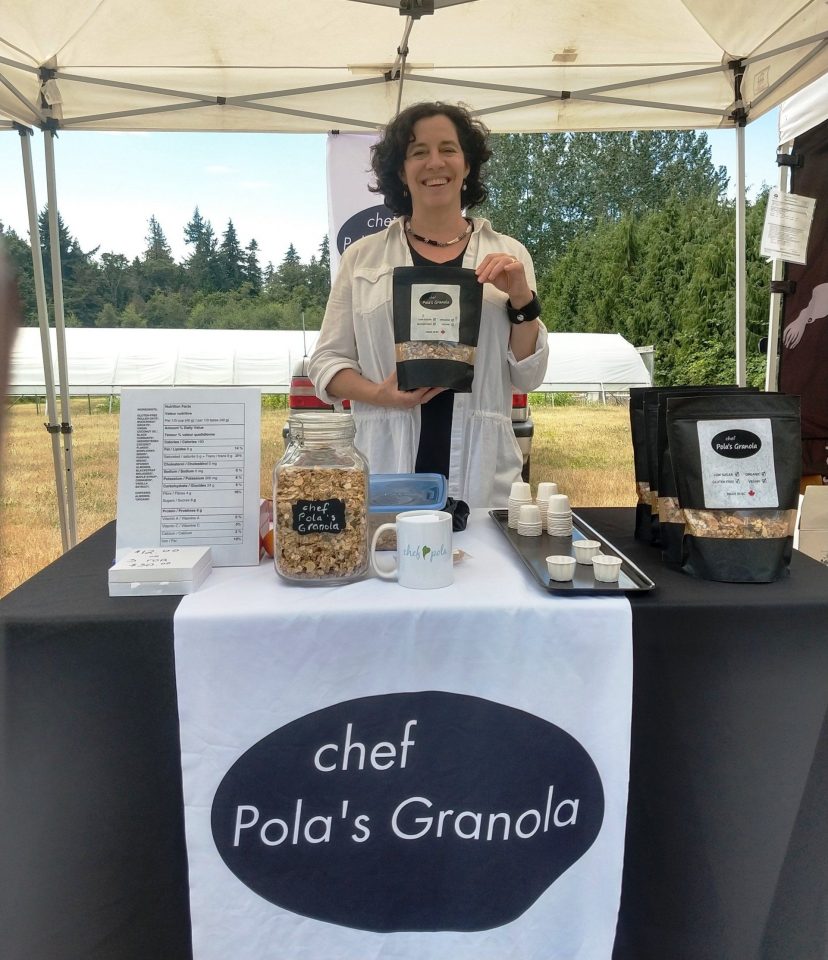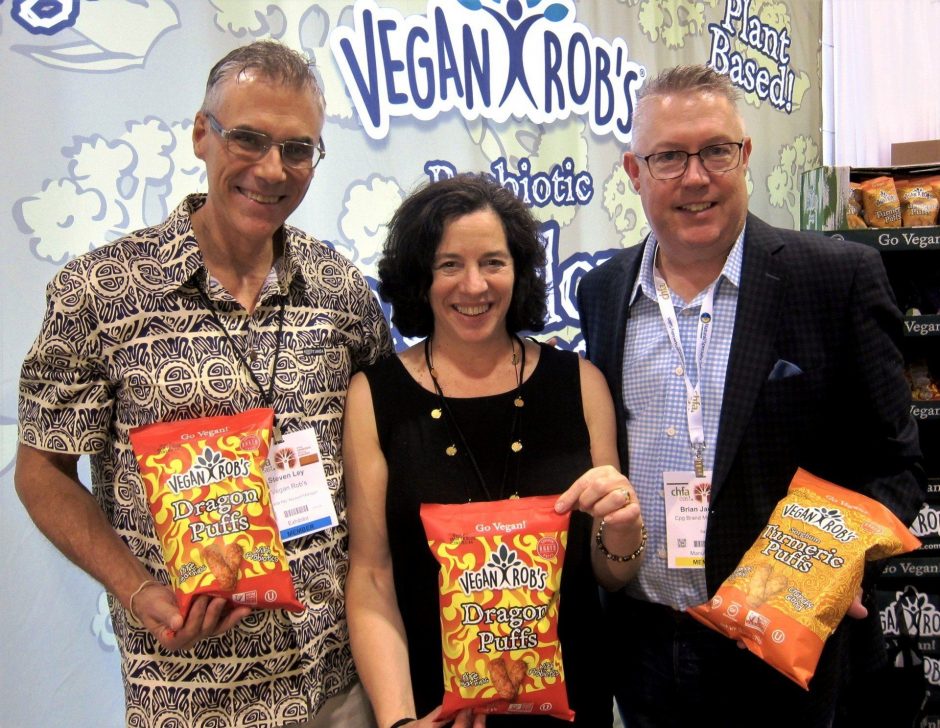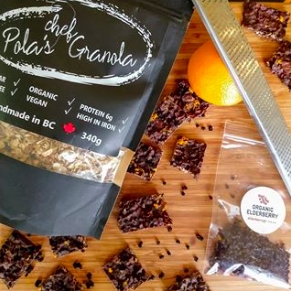Saturday Farmers’ Market Vendor Feature: Mükasi Coffee & Co.
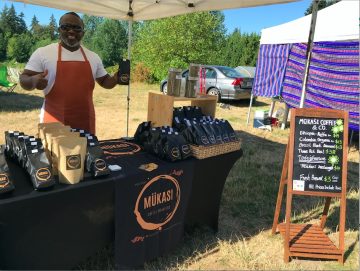 This week we are featuring Mükasi Coffee & Co., a first-year vendor at our market ! Mükasi Coffee & Co. works with a select group of suppliers to source premium single-origin raw coffee from around the world, and hand-roasted to perfection in small batches to ensure top quality specialty coffee for the lower-mainland. We recently had the pleasure of chatting with owner, Henry Aboagye, to find out more.
This week we are featuring Mükasi Coffee & Co., a first-year vendor at our market ! Mükasi Coffee & Co. works with a select group of suppliers to source premium single-origin raw coffee from around the world, and hand-roasted to perfection in small batches to ensure top quality specialty coffee for the lower-mainland. We recently had the pleasure of chatting with owner, Henry Aboagye, to find out more.
How long has Mükasi Coffee & Co. been around? How did you get started?
The company is only a few months young. My wife and I have worked in the hospitality industry for over 20 years and have always appreciated the varied opportunities, skill sets and values we have acquired- problem-solving, prioritization, and communication. We had always wanted to put into practice our years of experience into something that we love. That for us was roasting and brewing coffee.
Our constant desire for fresh quality coffee inspired us to start roasting our own coffee beans during the COVID -19 lockdown period(March-May 2020). During this period, we discovered an amazing coffee journey that we hope to share with the community.
It is our hope that our coffee brightens our customer’s day and brings them encouragement through good and difficult times. We are proud to work with a select group of reputable coffee suppliers that source superior quality coffee from around the world.
We currently offer delicious single-origin coffees from Brazil, Ethiopia, Peru, and Columbia.
What are the three most important things you think people should know about Mukasi Coffee & Co?
- Price: We offer our delicious coffee at a fair price to our customers because we believe quality coffee should be accessible to all.
- Traceability: All our coffees can be traced right down to the region and farm where it was cultivated so you know exactly where your beans are coming from.
- Partnerships: We offer wholesale prices and would love to partner with local businesses such as cafés, restaurants, hotels, etc. to offer our unique product.
What do you look for in a coffee supplier? Do you have any specific criteria when making the selection?
Before buying our coffees we monitor market trends to decide on what coffee region and origin to buy from and once a decision is made, we hone in on the quality of the coffee beans which sometimes goes hand in hand with the price per pound. We bring in samples for tastings and once we are happy with the product, then we place our main orders.
We are committed to sourcing responsible and ethical coffee beans that benefit farmers, their employees, their communities, and also our customers. As a result, working with reputable coffee traders who believe in the same ethical values as Mukasi Coffee & Co. is critical for our Company.
Do you have different coffee roasting techniques depending on the flavour you want?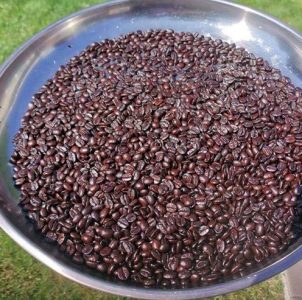
Absolutely! At Mukasi Coffee before roasting our beans, we consider the type and origin of beans to ensure our roast truly amplifies the distinctive qualities and flavors of the beans. To achieve this objective we roast our coffees in small batches at carefully monitored roast profiles. The end result is a wonderful Medium Roast Ethiopia Coffee; just beyond 1st crack. Our Peru, Colombia, and Brazil Coffees are roasted Medium to Dark at 2nd crack.
Here are some tasting notes from the coffees we currently carry based on the fore mentioned roast levels.
You source from Peru, Brazil, and Ethiopia, why specifically these three countries?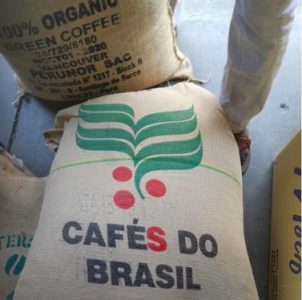
As a start-up business, we carefully selected 3 single-origin coffees from renowned regions of Ethiopia, Brazil & Colombia to kick off our business due to their popularity, quality, and versatility in taste. Each coffee has its very own idiosyncratic characteristic which is due to a multitude of factors. We have since expanded our coffee portfolio to include Peru as well. Factors such as the year-round temperature of the location, range of altitude, soil quality, and the farming techniques are all key attributes that play a big part in the way each coffee tastes, smell, and looks.
Why did you choose to come to the UBC Saturday Market specifically?
I think The UBC Saturday’s Market offers a unique opportunity for vendors to showcase and sell their products to customers in an educative setting. I personally like the idea of having the Market at the school farm which helps to connect customers and vendors to the source of where farm produce and products come from. The atmosphere is always relaxed and everyone in the market is always in good spirits. I am also very impressed with the way the Market is managed. Mark, Madi, and their teams are always very friendly and helpful which explains why the Market has been so successful. Keep up the great work!
One other reason for choosing UBC Saturday Farmer’s Market was due to the moderate vendor fees and discounts offered. Additionally, unlike other Farmer’s Markets, The UBC Market offers rentals of tents and tables which in my opinion are quite helpful, especially for start-up vendors who do not have the capital to readily invest in such equipment.
If you could only have one of your coffees for the rest of your life which one would it be?
All our coffees were carefully selected for their distinctive flavours and they are all very delicious but my personal favourite I would say is the Ethiopia Kaffa Coffee.
Kaffa is historically known as the birthplace of Arabica Coffee. Globally, the Ethiopian rainforest is famous for its wild coffee and ecological diversity. Amongst other endemic plant species in the Afromontane Biodiversity Hotspot, the coffee is grown in the wild which is defined as coffee that naturally grows and automatically multiplies in its habitat. Indigenous farmers simply harvest wild coffee fruit inside these forests or manage the wild coffee plants by removing unwanted undergrowth shrubs and some canopy trees. The coffee is grown in altitudes of 1,700-1,900masl and has delicious tasting notes of floral, cocoa, caramel, and black tea. My recommended roast level is Medium which makes for a divine cup of brew.
Where else can customers find you? And is there anything else you want them to know?
We are very excited about what the future holds for Mükasi Coffee & Co. Please feel free to contact us for your fresh quality coffee needs. Take advantage of our free delivery program with any minimum purchase of $30. Online orders can be placed at our localine site. We thank all our customers for supporting our local business!
Market Dates| Website | Facebook Page |778-608-0396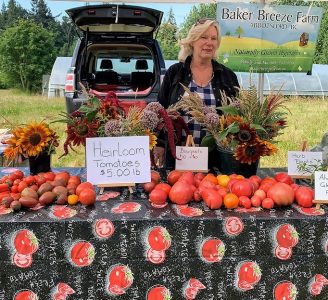 This week we are featuring a second-year vendor at our market, Baker Breeze Farm! As a family-run farm with the motto of ” if it is good for our family it is good for everyone”, Baker Breeze strives to provide fresh produce without using any chemical fertilizers or pesticides. We recently had the pleasure of chatting with co-owner, Maria Molnar, to find out more.
This week we are featuring a second-year vendor at our market, Baker Breeze Farm! As a family-run farm with the motto of ” if it is good for our family it is good for everyone”, Baker Breeze strives to provide fresh produce without using any chemical fertilizers or pesticides. We recently had the pleasure of chatting with co-owner, Maria Molnar, to find out more.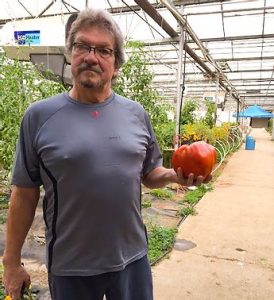

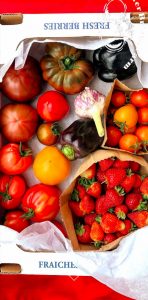

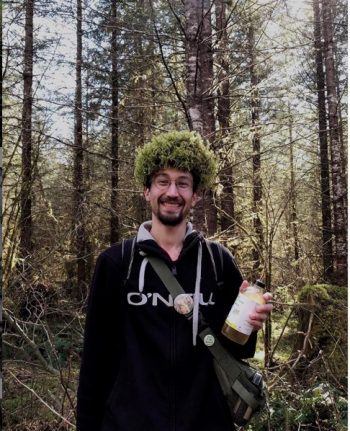 This week we are featuring Craftwilder! Craftwilder has created a premium, no sugar added kombucha made with only the best, ripest locally sourced ingredients. We recently had the pleasure of chatting with owner, Ian Hayzleden, to find out more.
This week we are featuring Craftwilder! Craftwilder has created a premium, no sugar added kombucha made with only the best, ripest locally sourced ingredients. We recently had the pleasure of chatting with owner, Ian Hayzleden, to find out more.